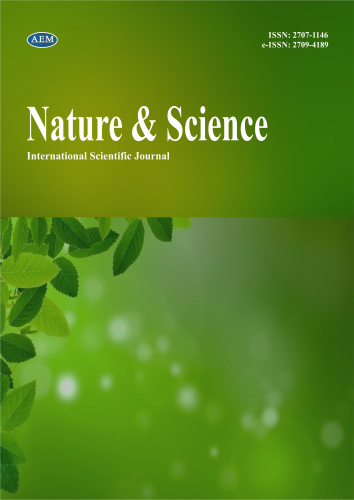DOI: https://doi.org/10.36719/2707-1146/56/32-36
Firudin Gurbanov
Azerbaijan State Agrarian University
https://orcid.org/0009-0002-3410-9859
haci-firudin@rambler.ru
Khalida Ashrafova
Azerbaijan State Agrarian University
https://orcid.org/0009 0004 3392 7483
elvira.memmedova19941104@gmail.ru
Solmaz Mammadova
Azerbaijan State Agrarian University
https://orcid.org/0009-0006-0081-0742
memmedovas928@gmail.com
Konul Babayeva
Azerbaijan State Agrarian l University
https://orcid.org/0000-0002-0022-2063
rkqbabayeva@rambler.ru
Muhammet Keskinbichak
Azerbaijan State Agrarian University
Bachelor
https://orcid.org/0009-0000-7853-6778
muhammetkeskinbicak1@gmail.com
Factors Affecting the Productivity of Cereals
Abstract
Autumn cereal sowing is preferred in all regions of Azerbaijan. Several factors influence the productivity of autumn cereals. These include: sowing time, seeding rate, irrigation, diseases, pests, and harvesting time. By carrying out all agrotechnical measures on time and combating diseases and pests effectively, it is possible to obtain high yields. Increasing the production of wheat is great importance in providing the rapidly increasing population in our country with agricultural products. In fact, one of the most important field crops in people's nutrition is wheat. Split, macarons and starch obtained from wheat flour are used in food for people, and the leaves and stem of the wheat plant are used in paper-cardboard industry and it is used for feeding animals. This study aimed to determine to the investigations carried out the factors affecting agricultural production and the relative importance of each factor in increasing the production level. The general objective of the study is to estimate crop production efficiency, determine production flexibility, and measure the effect of a factor on production wheat plant.
Keywords: cereal, sowing, irrigation, pests, diseases, chemical control

